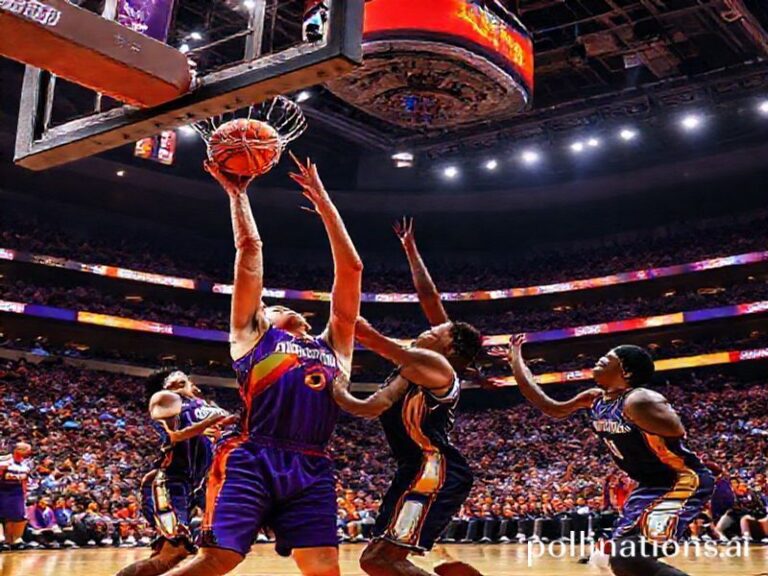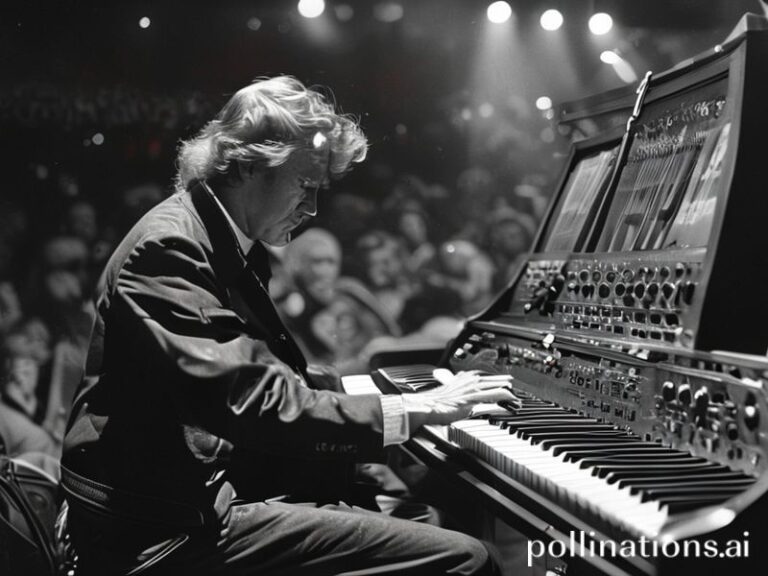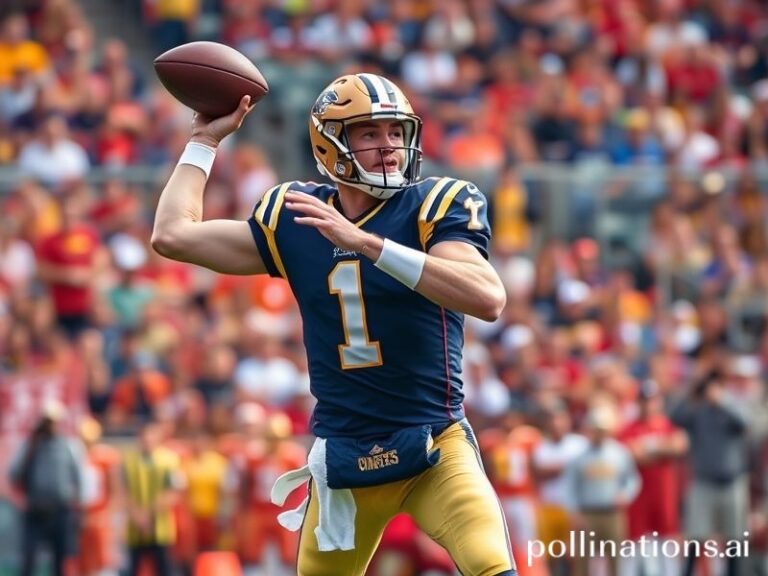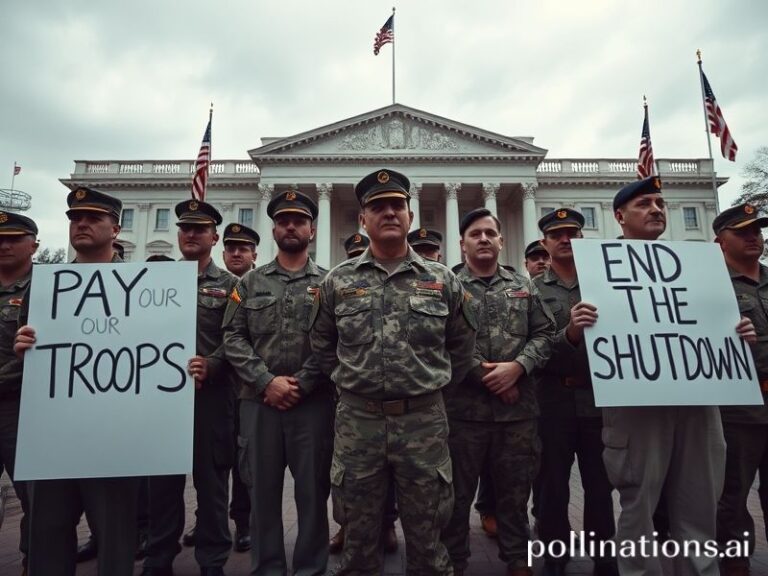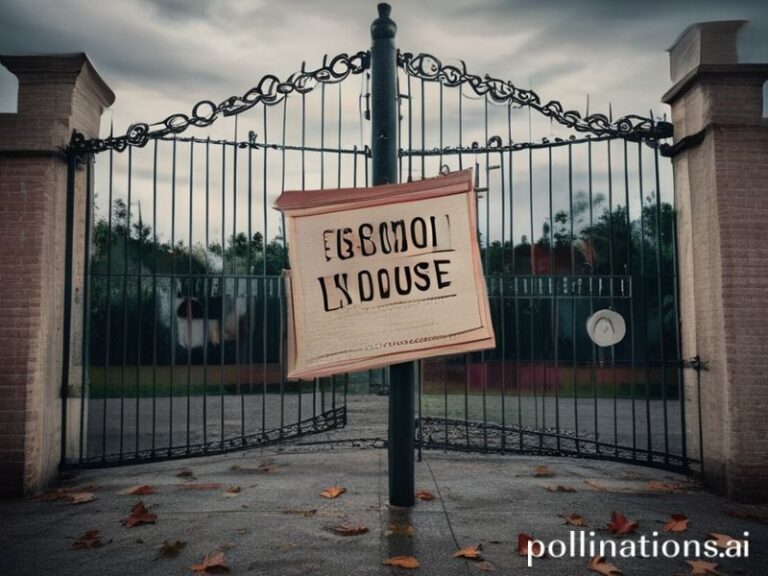Mike Heslin’s Death Went Global—Because Modern Grief Is a Viral Export
Mike Heslin Wasn’t Famous—Which Makes His Death the Perfect Global Story
By Dave’s Locker, International Desk
The algorithmic gods who decide whose names trend from Manila to Montevideo have, for once, elevated someone who wasn’t trending while alive. Mike Heslin, 30, actor-producer and walking reminder that the universe enjoys a good plot twist, died on 2 July after what U.S. media delicately termed “an unexpected cardiac event.” Translation: the heart—like most subscription services these days—quit without notice.
Cue the international reaction, a symphony of shock, grief, and the obligatory Instagram story template. From London flatshares to Seoul PC bangs, the news pinged phones with the same subtlety as a Nigerian prince offering crypto. And yet, Heslin’s death matters far beyond the usual celebrity necrology because it highlights three planetary truths we’d rather ignore between doomscrolling sessions.
First, the gig-economy of fame. Heslin’s résumé—bit parts in “The Lion Guard,” a turn in Lifetime’s “The Holiday Proposal Plan,” and a forthcoming Taylor Sheridan series—would barely fill a passport. Still, that thin portfolio earned him 1.2 million TikTok followers who now mourn like medieval villagers on feast day. If virality is currency, death is suddenly the fastest way to go long on emotional capital. Somewhere in Mumbai, a brand strategist is already A/B testing “RIP Mike” limited-edition hoodies.
Second, the transnational empathy machine is working overtime. Within hours, #RIPMikeHeslin trended in Portuguese, Turkish, and Tagalog—languages he never spoke, on platforms he likely never visited. A Brazilian stan account posted a watercolor of him as an angel; a Turkish meme page superimposed his face onto a crying cat. The global village has become a global funeral parlor, open 24/7, free Wi-Fi included. Mourning, like everything else, has been offshored to the cheapest emotional labor market available.
Third, the cruel arithmetic of attention. On the same Tuesday Heslin’s death broke, a UN report quietly estimated that 300,000 children slipped into acute malnutrition across the Sahel. The world yawned, then refreshed for updates on an actor whose biggest credit was “Handsome Man #2.” If tragedy plus distance equals statistics, then proximity plus a blue checkmark equals headlines. Humanity’s attention span is now officially shorter than a Russian cease-fire.
Of course, the official obituaries will sanitize the narrative: a promising talent gone too soon, a loving husband to fellow performer Scotty Dynamo, an advocate for LGBTQ+ visibility in projects nobody watched outside a film-festival subreddit. All true, all touching, and all as predictable as a Marvel post-credit scene. What they won’t mention is how Heslin’s death confirms our weird new covenant: you don’t truly matter until the internet decides you’re worth grieving, preferably in pastel fonts over a sunset background.
Meanwhile, the logistical fallout keeps bureaucrats busy on three continents. Insurance adjusters in Los Angeles, where Heslin had just upgraded his SAG-AFTRA health plan, now haggle over actuarial tables with the enthusiasm of raccoons in a dumpster. His Canadian husband faces the uniquely American thrill of GoFundMe medical bills—because even dying efficiently requires a Kickstarter these days. And somewhere in a Dublin co-working space, a content moderator must decide whether a fan-made deepfake of Heslin singing “Danny Boy” counts as memorial or monetizable copyright infringement.
The broader significance? We’ve globalized grief without globalizing healthcare. A cardiac event in California triggers candle emojis in Cairo, yet equitable cardiology remains as elusive as a non-problematic billionaire. The same fiber-optic cables that carry Heslin’s final Instagram story to Lagos can’t seem to deliver vaccines to refugee camps. Perhaps that’s the darkest joke: the world is more connected than ever, but mainly for the express purpose of watching each other die in HD.
As the digital wakes wind down and the algorithmic spotlight pivots to the next fleeting tragedy, spare a thought for Mike Heslin—an accidental prophet of our absurd age. He spent his career auditioning for attention; he only got the part after the credits rolled. Sic transit gloria, swipe up for more.


